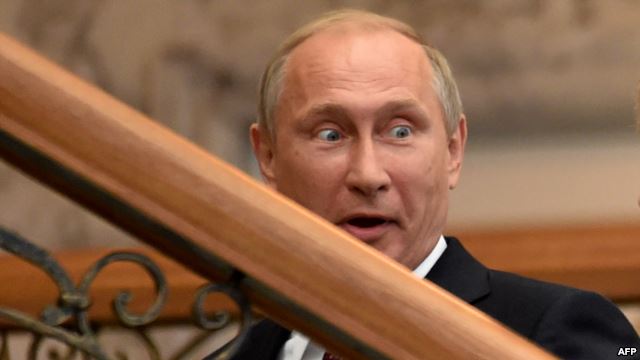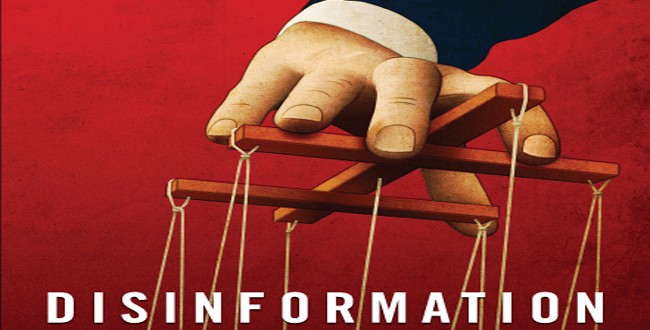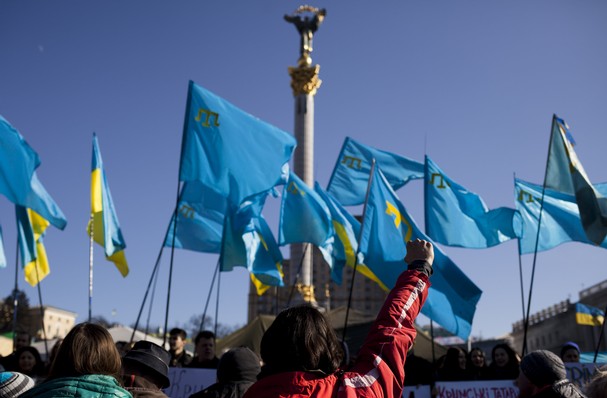After Russia imposed an embargo on foodstuffs from EU countries in August, prices on meat grew by 40 percent, dairy prices – by 20, fruit and vegetable prices – by 10-15 percent. However, the majority of Russian consumers, under the influence of information coming from federal channels, place the blame for the increased food prices not on their own President, but the American one.
As a response to new Western sanctions, Russia may impose a ban on import of clothing and old automobiles. According to opposition politician Boris Nemtsov, these bans can bring the understanding of who is to blame for the worsening of life level to Russians.
“When people come into a store and see how the price tags have increased, and that, say, they cannot buy fish, say: ‘Obama is so horrible!’ When I start to explain that it is not Obama but Putin who is bad, that because of him the prices on fish grew, the people start opening their eyes, but slowly. If he imposes a ban on import of clothing, I think the women will come to understand more quickly that it is him. Because when they are unable to buy underwear and are forced to wear underpants from Bolshevichka factory, divorces will become more frequent, and men will immediately feel impotent, this will make the people understand much faster that Putin decided to defile the sacred,” says Nemtsov.
Propaganda instead of goods
Officials of the financial and economical block of the government have already stayed that in order to help Russian companies that were subject to Western sanctions, they may start using the National Welfare Fund. However, as money is given on a reverse basis, the Russians will only feel it in case the money is not returned, former Russian Economics Minister Andrey Nechayev told Radio Liberty.
“If it is not return, naturally, in case of some dramatic worsening of the economical situation, problems may arise, as it is money from the National Welfare Fund, on principle it is a backup reserve for the pension system of sorts,” noted Nechayev.
The majority of Russians so far does not comprehend the fact that response Russian sanctions will first and foremost be detrimental to low-income layers of society. Experts explain such attitudes with effective work on part of the federal media. However, according to Andriy Nechayev, Ph.D. in Economics, the economical situation in Russia was no walk in the park even before the sanctions.
“Russian official propaganda in this sense has been very successful. This euphoria of sorts that emerged with the accession of Crimea and the events in Ukraine, so far, in the majority of the population it weighs over the economic difficulties which are emerging at the moment, especially since the sanctions have a very bad backdrop. The situation in the Russian economy was not cloudless even without it,” notes the economist.
When noting the efficacy of Russian propaganda, experts always use the words, ‘so far.’ However, they do not name the end date of this ‘so far.’








